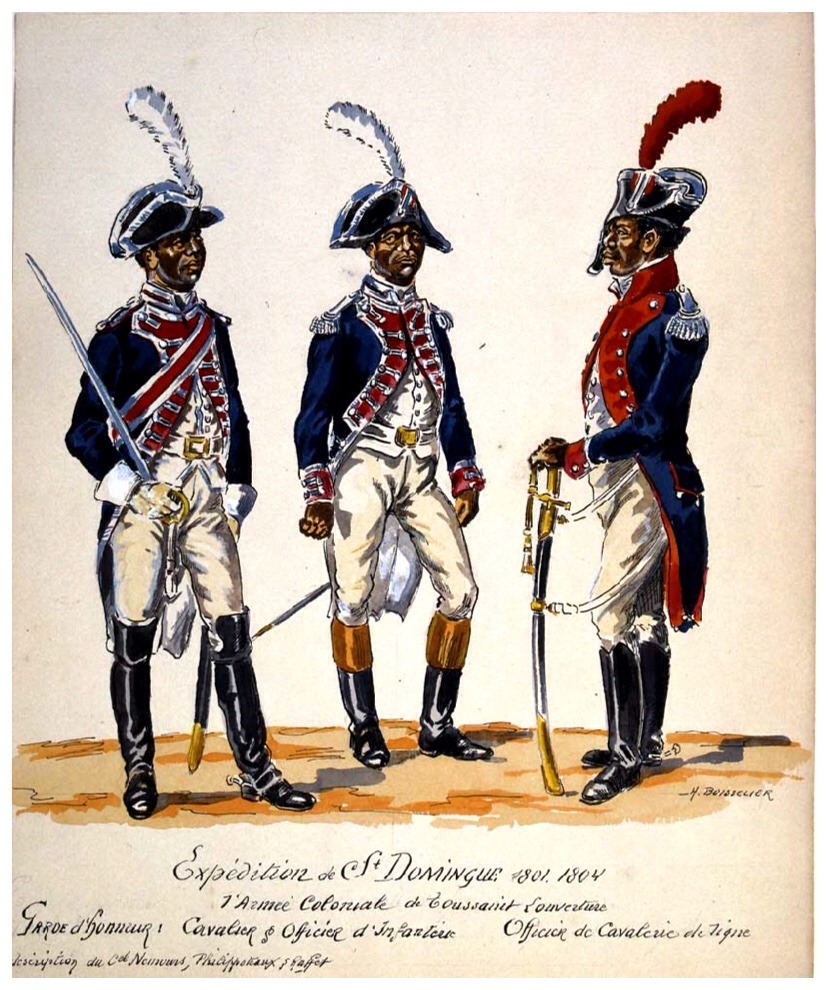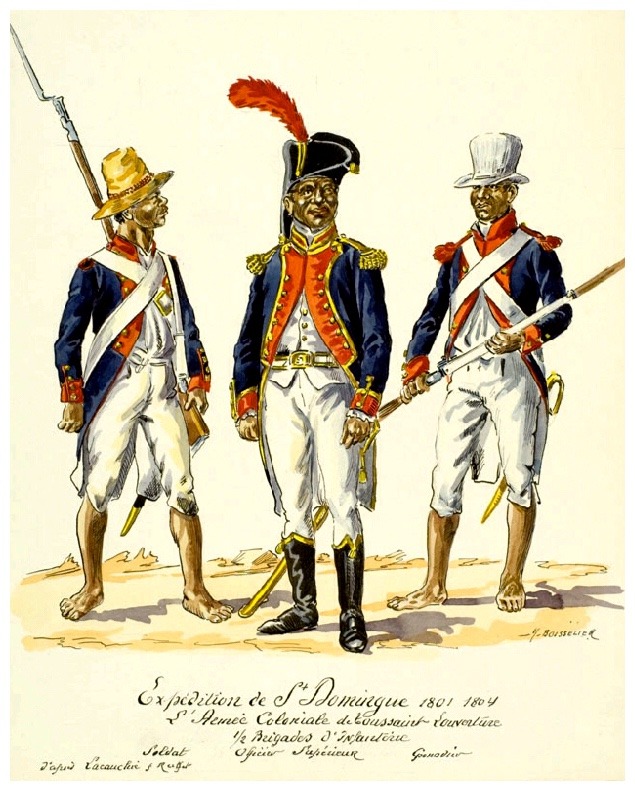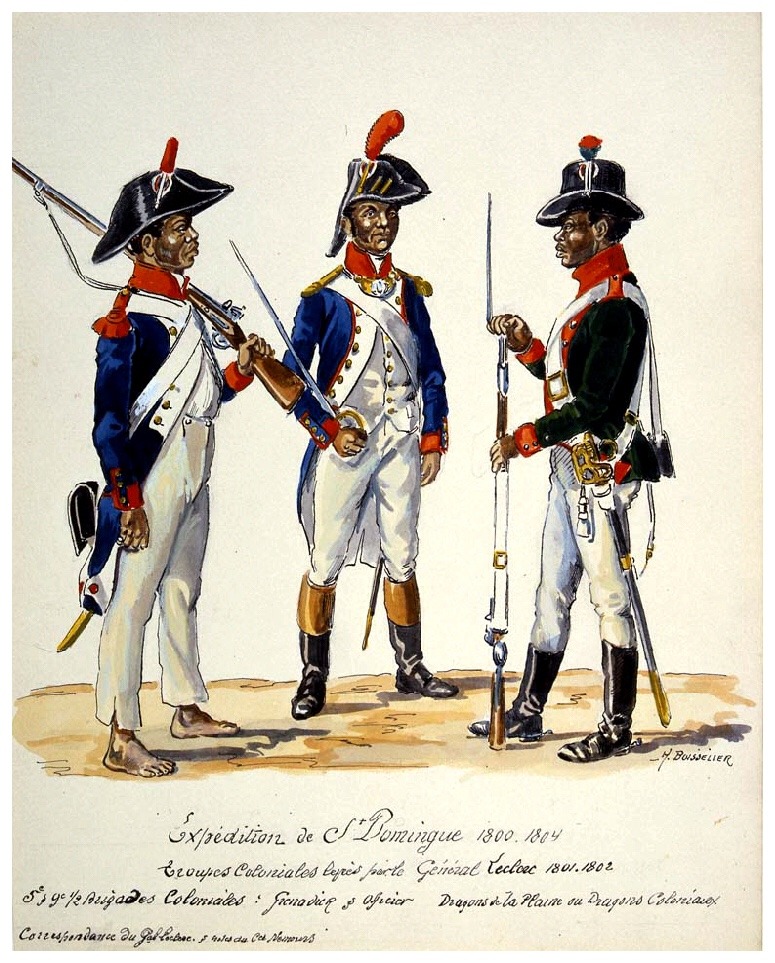
28 January 1801: The governor of Spanish Santo Domingo cedes control of his territory to Louverture. To make his achievements permanent, Louverture forms
order celexa online in the best USA pharmacy https://dschnur.com/wp-content/uploads/2025/07/png/order-celexa.html no prescription with fast delivery drugstorea central assembly to write a new constitution for all of Hispaniola that abolishes slavery on the entire island.
buy vermox online https://rxbio.com/images/png/vermox.html no prescription pharmacyLouverture’s achievements during his years in power include social reforms, structuring and organizing a new government, establishing courts of justice and building public schools.
8 July 1801: Louverture proclaims the new constitution in Saint-Domingue and is declared Governor General for life. The constitution, which is sent to France, sanctions the structures Louverture has already set in place, and emphasizes the bourgeois principles of the French Revolution.Slavery is abolished forever and the constitution eliminates social distinctions of race and color, stating “all individuals be admitted to all public functions depending on their merit and without regard to race or color.” All individuals born in the colony were to be
online pharmacy order levitra soft online with best prices today in the USA“equal, free, and citizens of France.” Voodoo is outlawed, mandatory labor is codified and Catholicism is established as the colony’s official religion.
buy professional cialis online https://longislandcarecenter.com/PhotoGallery/gallery/lg/jpg/professional-cialis.html no prescription pharmacyBlack slaves, chafing against Louverture’s mandatory labor requirements, r
online pharmacy order avana online with best prices today in the USAeject the measures through various forms of resistance.
buy flagyl online https://longislandcarecenter.com/PhotoGallery/gallerybuy flagyl online in the best USA pharmacy https://myhealthspin.com/wp-content/uploads/2025/06/png/buy-flagyl.html no prescription with fast delivery drugstore/lg/jpg/flagyl.html
no prescription pharmacyThough the constitution essentially usurps the power of the French, Saint-Domingue still identifies as a French colony. The constitution attempts to establish Saint-Domingue as equal to France, asserting the colony’s autonomy while still trying to receive benefits from France. Though the constitution is not a formal declaration of independence, Bonaparte immediately recognizes it as a threat and rejects it. General Victor-Emmanuel Leclerc, Bonaparte’s brother-in-law, is sent to Saint-Domingue to re-impose slavery and the Code Noir.
buy flagyl online https://rxbio.com/images/png/flagyl.html no prescription pharmacyBy now planters are increasingly unhappy with the state of affairs in Saint-Domingue and are relying on Bonaparte to unseat Louverture, restore slavery, and facilitate the rise of the colony once more.
buy super viagra online https://rxbio.com/images/png/super-viagra.html no prescription pharmacyBonaparte is sympathetic, declaring that “Toussaint was no more than a rebel slave who needed to be removed, whatever the cost.” Continue Reading Timeline Here….


Illustration by Henri Boisselier via ArtDreamTumblr















